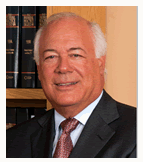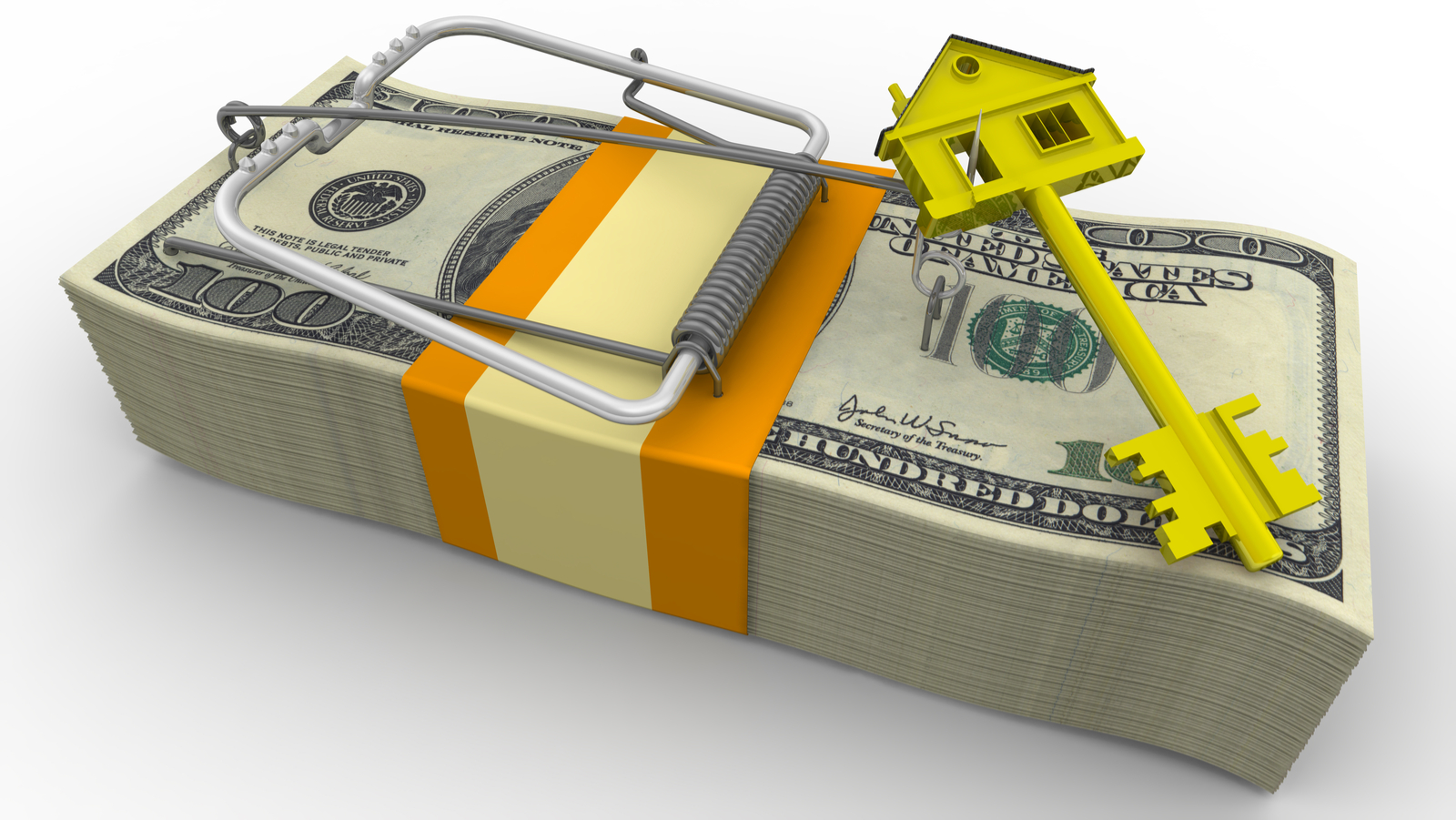Mortgage Frauds are on the rise as scammers are coming up with new plotting schemes to cheat people and entities for money. It usually involves the misinterpretation of facts, figures and financial transactions that eventually forms the motive for mortgage frauds.
What is Mortgage Fraud?
A Mortgage Fraud is a two-way street since it can be committed by both lenders and borrowers. According to the FBI, this is a criminal offense in which necessary information is either hidden or misrepresented. Consumers should know that the provision of false information while applying for a loan is considered to be an offense. However, there are some frauds that are committed without the buyer’s consent and can result in a heavy financial loss.
The Reasons of Committing Mortgage Fraud
The reasons for committing mortgage fraud can be broadly classified into two factors which are fraud for housing and fraud for funding. Fraud for housing is generally performed by borrowers who misrepresent facts such as income, debt information, and price of property in order to maintain higher value real estate ownership. It can also be done by people who wish to either rent the property or sell it for profit.
Fraud for profit is carried out by industry people who misrepresent or exclude information about their own self or their client. This is usually done to obtain extra commission or profit on a sales transaction.
Common Mortgage Scams and Frauds
Occupancy Fraud
An Occupancy Fraud happens when a borrower declares that the home being mortgaged will be occupied by the person owning it which is not true. The property is usually vacant and this can be done to obtain a lower interest rate since loans on vacant properties are sanctioned on higher rates.
Identity Theft
Identity Theft can take place when a person uses another person’s identity documents such as bank records, addresses and tax returns in order to get a mortgage. The person whose identity is stolen is kept uninformed and will be contacted to repay the loan when the identity thief has disappeared.
Appraisal Fraud
This type of fraud occurs when the appraisal value of a real estate is either maximized or minimized by a real estate agent, loan officer or appraiser to get a bigger loan amount which leads to a higher commission. Appraisers can also minimize the property price so that an investor can purchase it and pay the former for this favor.
Foreclosure
Foreclosures are where companies offer to adjust loan amounts and a reduction in monthly installments. These companies often attract clients into buying their services, they promise to negotiate new terms for defaulters. This process turns out to be more of a gimmick and leaves the client in bigger debts.
Flipping
Flipping involves purchasing a property at a set rate and then attempting to sell it again by misrepresentation of its value to earn a profit. When the seller discloses a hiked value to the lender, it is categorized as a Mortgage Fraud.
Tips to Avoid Mortgage Frauds as a Consumer
Although hiding some information might not be that bad, there are some things a consumer needs to be aware of to avoid mortgage fraud. We have listed a few things that can help you in staying away from mortgage fraud.
Hiding Debt
Based on the debt and monthly dues (such as installments, liabilities and other expenses) disclosed by the borrower, lenders can calculate their debt burden ratio on dividing it by your income. Therefore, it is better that you disclose all your debt to avoid payment defaults in the future.
Avoid Hiding Source of Down Payments
Sometimes down payment amounts are high and you might need help in accumulating that amount. It is, therefore, better to let lenders know about the whole scenario.
Steer Clear of No Down Payment Loans
This loan type is a trick used to lure people into buying what they can’t afford. Try to stay away from these loan types as they have very high rate of interests.
Refrain from Making False Statements
Sales agents or property dealers might force you to state something in your loan application that is not true. For instance, your income or debt details. Avoid falling prey to such traps as they can lead you into Mortgage Frauds.
If you are being accused of mortgage fraud make an appointment today for further assistance.
 Roy J. Kahn, with years of legal experience in a wide variety of criminal law, heads a “boutique” firm, which means that your attorney is Roy J.Kahn, not a paralegal. If you have been charged or are about to be charged with a crime—or if you have been contacted to be a witness in a federal grand jury case, you need a qualified defense. You should consult with an attorney immediately and know that you have a right to make no statement until you have consulted with an attorney To contact Mr. Kahn, he can be reached at 305-358-7400.
Roy J. Kahn, with years of legal experience in a wide variety of criminal law, heads a “boutique” firm, which means that your attorney is Roy J.Kahn, not a paralegal. If you have been charged or are about to be charged with a crime—or if you have been contacted to be a witness in a federal grand jury case, you need a qualified defense. You should consult with an attorney immediately and know that you have a right to make no statement until you have consulted with an attorney To contact Mr. Kahn, he can be reached at 305-358-7400.


Recent Comments